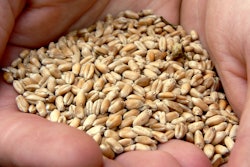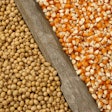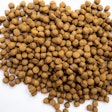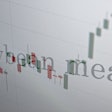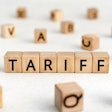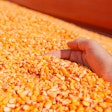
A new report by RaboResearch has highlighted the burgeoning global demand for pulses, the dried seeds of legume crops like chickpeas, beans, lentils and peas. The demand is driven by their sustainable agricultural benefits and rising popularity in plant-based diets. According to the report, the global trade of pulses has grown by 29% since 2015, with expectations that it will reach about 21 million metric tons by 2024. This increase reflects pulses' growing role as a key protein source in emerging markets and as a staple in plant-based food products in developed nations.
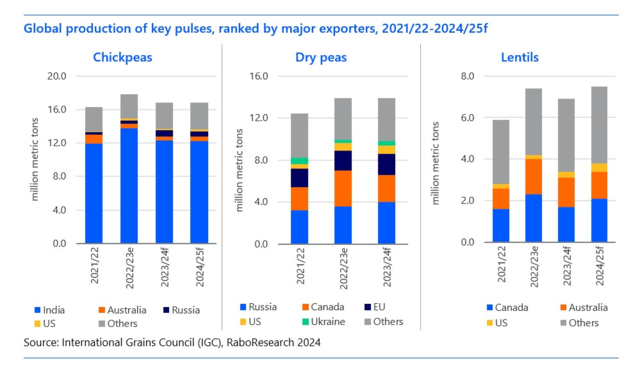
Senior Analyst for Grains and Oilseeds at RaboResearch, Vito Martielli, pointed out two primary factors fueling this demand. "In emerging markets, pulses are valued as an affordable and essential protein source, while in developed countries, they are increasingly used in plant-based meat and dairy substitutes," Martielli explained.
Despite the increase in demand, the pulses market remains highly fragmented and faces significant challenges in terms of market transparency. This lack of transparency hampers price discovery and investment, with pulses still not considered commodities like their grain counterparts.
The global landscape for pulse trade is also changing, with countries like Russia expanding their market share in dry peas, and Argentina emerging as a significant bean exporter. Turkey has become a crucial center for the first-degree processing and distribution of pulses in the Middle East and North Africa, while Egypt is now the world's largest importer of fava beans.
Martielli emphasized the need for greater market transparency to foster industry growth. "Creating more transparency is essential for attracting investment, meeting demand, and improving trade volumes and market functionality," he stated.
The RaboResearch report underscores the potential of pulses to become a more prominent part of the global agricultural landscape, given their environmental benefits and the shifting dietary preferences. As the industry grows, the call for clearer market insights and data to facilitate better trading decisions becomes increasingly crucial.


